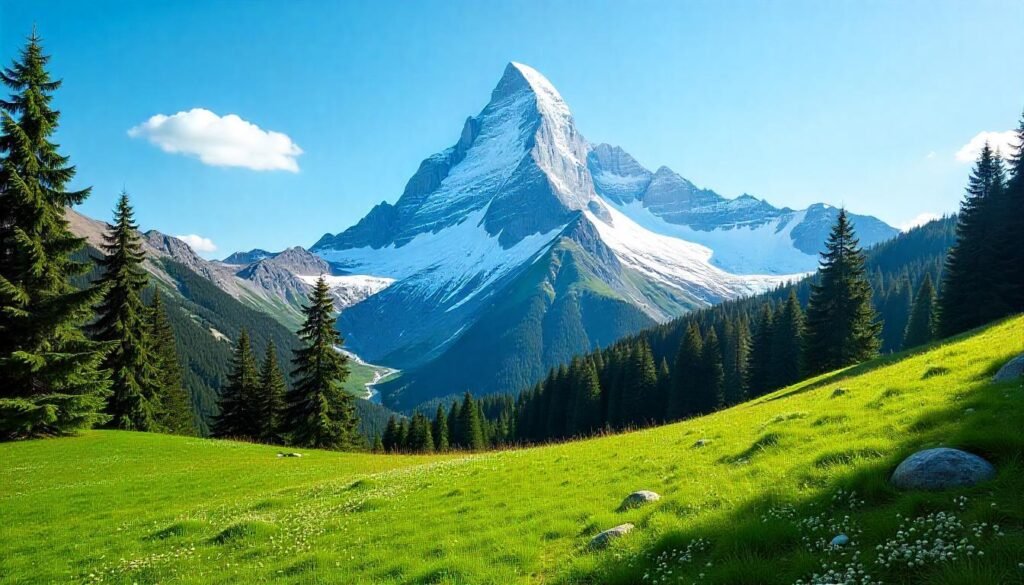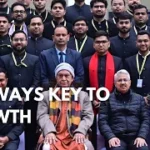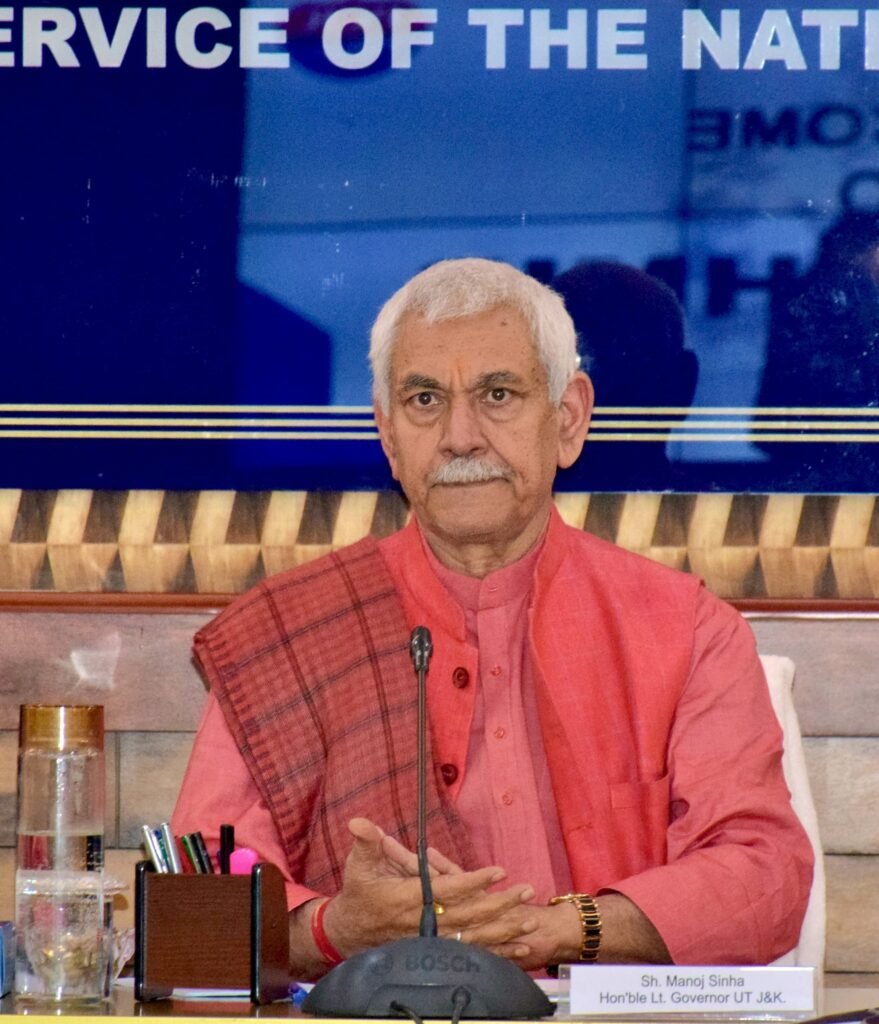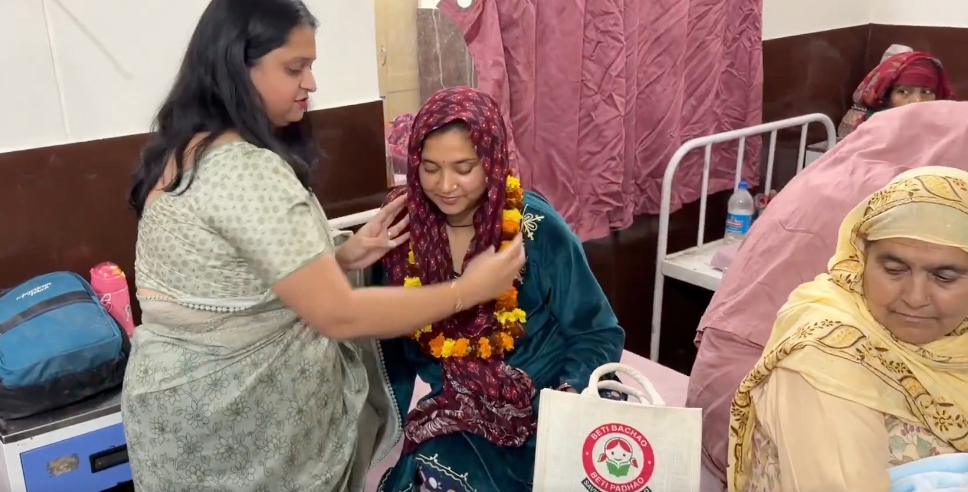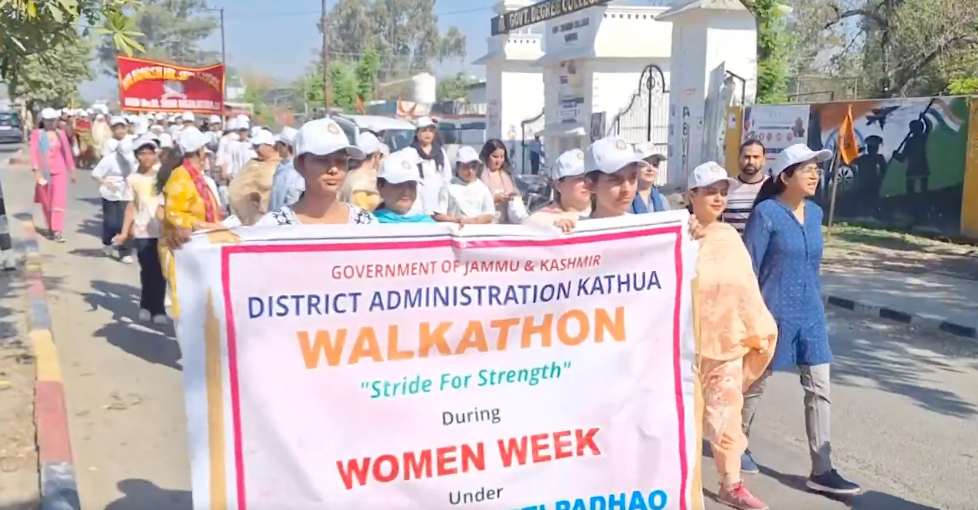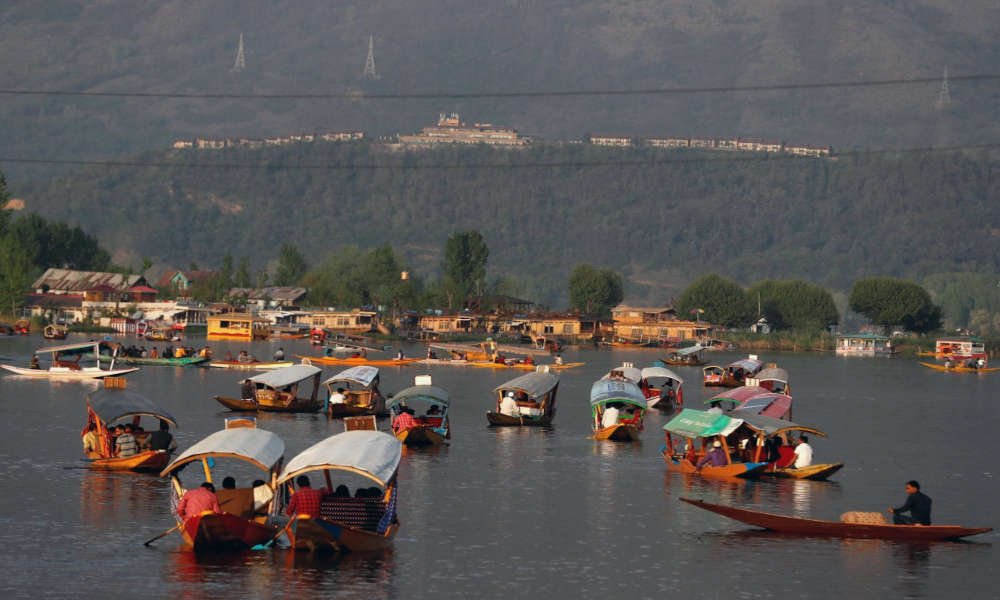Kashmir, May 19, 2025 – In a bold move to counter the devastating impact of the April 22 Pahalgam terror attack, around 100 Kolkata-based travel companies, alongside several associate agencies, have united under the ‘Chalo Kashmir’ initiative to revive tourism in Jammu and Kashmir. Spearheaded by the Travel Agents’ Association of India (TAAI), the campaign aims to restore traveler confidence, promote Kashmir as a safe and welcoming destination, and deliver what industry leaders call the “most apt response” to terrorism by encouraging tourists to return.
The Pahalgam attack, which killed 26 civilians in Baisaran Valley, a popular tourist spot known as the “Mini Switzerland of India,” led to a 90–95% plunge in Jammu and Kashmir’s tourism earnings. Srinagar’s iconic Dal Lake saw an 80% drop in tourist activity, with hotels, houseboats, and local businesses like shikara operators and handicraft sellers facing unprecedented losses. The attack, widely seen as an attempt to cripple the Valley’s hospitality-driven economy, prompted widespread cancellations and a near-total halt in tourist arrivals.
Kolkata’s travel agencies, which collectively manage approximately 4 lakh domestic tourists annually, including 40,000 to Jammu and Kashmir, are leveraging their influence to reverse this trend. Bengal contributes around 30 lakh leisure tourists to India’s tourism sector, making Kolkata a critical hub for this initiative. “Encouraging tourists to return is how we fight back against terrorism,” said Manav Soni, a TAAI national executive committee member. “India, a beacon of unity, must stand with Kashmir’s people, whose livelihoods depend on tourism.”
The ‘Chalo Kashmir’ campaign has already gained traction, with tourists expressing renewed interest. Madhura Bagchi, a Salt Lake resident who canceled her 10-day Kashmir trip in April, said, “I understand how terrorism hurts locals the most. If I can get leave, I’ll reschedule my trip to support them.” Travel specialist Dinesh Bhatter, who operates Kashmir tours, added, “Hotels that were fully booked are now empty, and tourists are wary of locals. We need this fear to ease, and initiatives like ‘Chalo Kashmir’ are a step forward.”
The campaign aligns with local efforts in Kashmir, including a recent road show from Dal Lake to Anantnag, halted short of Pahalgam due to security concerns, which showcased the region’s resilience and hospitality. Enhanced security measures, such as increased checkpoints and joint patrols in tourist areas, have been implemented to reassure visitors. The upcoming Amarnath Yatra, starting July 3, is also seen as a key opportunity to rebuild trust in Kashmir’s safety.
TAAI’s commitment extends beyond promotion, with plans to collaborate with Jammu and Kashmir’s tourism stakeholders to offer attractive packages and highlight the region’s natural beauty, from snow-capped Gulmarg to the serene Lidder River. “As custodians of India’s tourism sector, we stand with Kashmir’s economy and its people,” Soni emphasized. The initiative has sparked optimism on platforms like X, where users have praised it as a symbol of resilience and unity.
The ‘Chalo Kashmir’ campaign comes amid other challenges, including recent powerful winds that damaged infrastructure across the Kashmir Valley. However, Kolkata’s travel agencies remain undeterred, viewing tourism as a lifeline for economic recovery and a means to restore Kashmir’s image as a paradise on earth. As more agencies join the initiative, the collective effort signals a powerful message: Kashmir is open, safe, and ready to welcome tourists once again.

